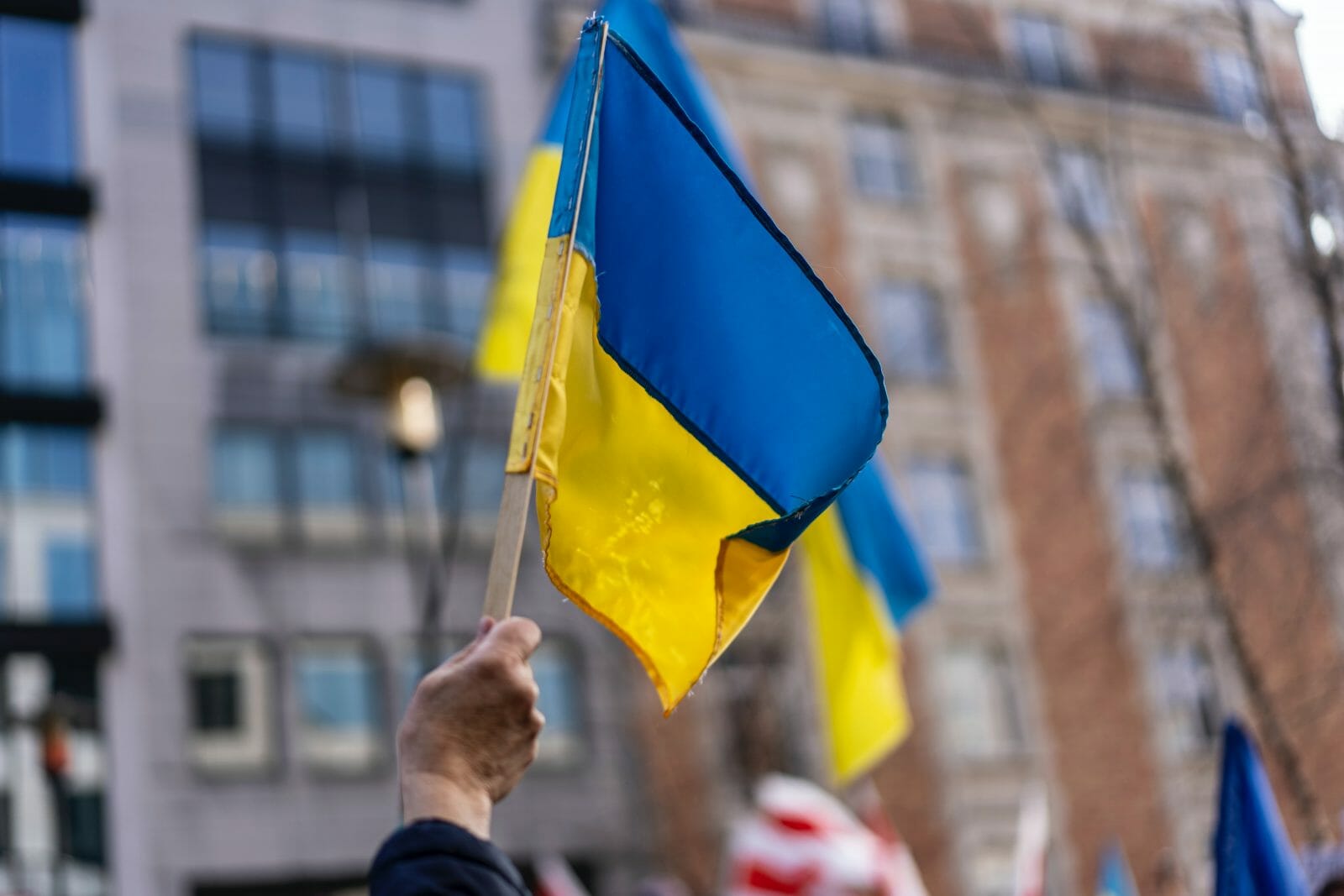A Tale of Three Cities: What Humanitarian Relief Looks Like Across Europe

Hungary, Ireland and Spain. When it comes to aiding in the humanitarian relief effort around the Ukraine crisis, they share common ground. They are also worlds apart.
Points of Light talked with all three of these Global Network affiliates to get a clear picture of what types of support are being offered in each of their respective countries.
Judit Tarcsai, program coordinator with Volunteering Hungary – Center of Social Innovation, reports that a “very disadvantaged population” is arriving in her country. Some have never seen a toilet. Most have never attended school. Those with more education or a higher income tend to travel straight through. Only about 1,200 have been allowed to apply for refugee status in the country. For the rest, Judit and her coworkers pass out hygiene kits filled with toiletries and fresh clothing.
Fifteen hundred miles away in Ireland, Terri O’Brien, corporate & programmes manager at Volunteer Ireland, says that of the 15,000 displaced Ukrainians who have arrived so far, most tend to be from more highly educated and affluent backgrounds. However, the next wave is expected to be less advantaged. She noted that for her small country of five million, this influx is significant.
“We don’t always know people are coming,” she said. “It’s quiet, then 300 people arrive.”
Although Ireland has worked quickly to welcome displaced Ukrainian citizens, accommodations are already in short supply, and new arrivals are being diverted to remote towns. This latest crisis comes on the heels of the COVID-19 pandemic, which placed tremendous strain on Irish systems.
“Covid prepared us for disaster but has also contributed to burnout,” she said. “People are getting worn out, but still, amazing stuff is happening.”
Director of corporate social innovation Almudena Pérez Molina of Fundación Hazloposible, painted a picture of hope in her homeland of Spain. For the next year, new arrivals will have the same rights as Spanish citizens. They can work and have access to free healthcare services. The government has set up four refugee reception centers across the nation designed to help find housing and field other integral needs.
Almudena shared that, prior to the Ukrainian crisis, there are some towns in Spain that were becoming depopulated because younger people were moving into big cities. These are perfectly functional places with infrastructure including roads, schools, hospitals and housing. They have come to be known as “Empty Spain.” The area of Galicia is one such example. Its inhabitants have welcomed displaced Ukrainians with open arms. Elderly Spanish citizens here, and in other small towns, are happy to welcome new people.
“This could be a beautiful opportunity for refugees,” said Almudena.
How You Can Help
The universal need across Europe is cash donations. When you donate to our Global Network affiliates, Volunteering Hungary – Center of Social Innovation, Volunteer Ireland and Fundación Hazloposible, you’re directly supporting real people, on the ground, doing essential work in humanitarian relief efforts. Your donation not only supports their important work but also stimulates their local economies through purchasing and hiring, which makes for a successful transition for displaced people and their host countries.
Points of Light has also set up the Ukraine Crisis Response Fund. Gifts through this fund are directed to Global Network affiliates in the region that know best what the emergent needs are in their areas. These organizations are experts in their field and have a firm grasp on what must be done and how to do it.
Points of Light operates with a network of innovative volunteer-mobilizing organizations who serve more than 177 affiliates across 38 countries around the world. Together we are inspiring, equipping and mobilizing more people to use their time, talent, voice and resources to create positive change in their communities. Learn more about our Global Network.
